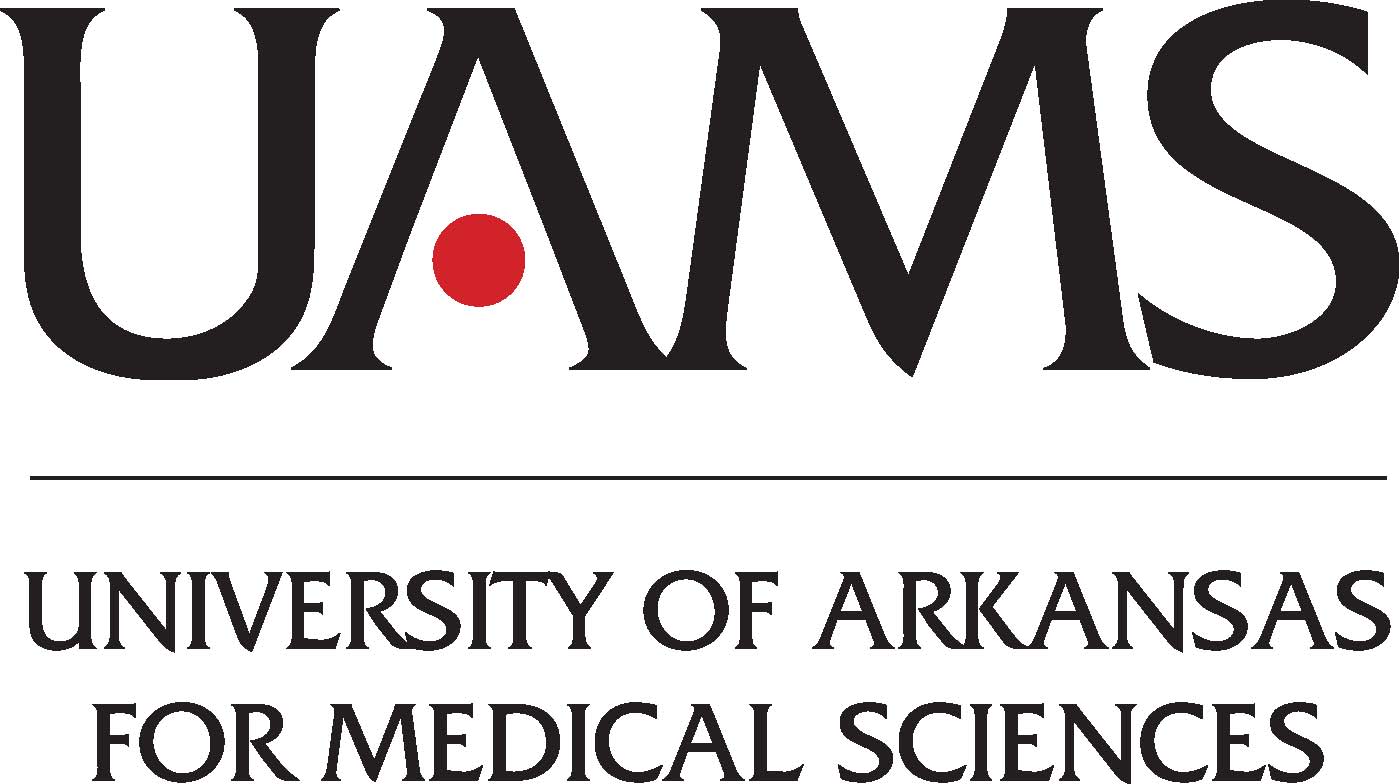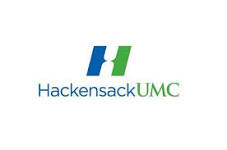Safety and Tolerability Study of SNS01-T in Relapsed or Refractory B Cell Malignancies (Multiple Myeloma, B Cell Lymphoma, or Plasma Cell Leukemia (PCL)
| Status: | Completed |
|---|---|
| Conditions: | Blood Cancer, Blood Cancer, Lymphoma, Hematology |
| Therapuetic Areas: | Hematology, Oncology |
| Healthy: | No |
| Age Range: | 18 - Any |
| Updated: | 11/8/2014 |
| Start Date: | September 2011 |
| End Date: | December 2014 |
Phase 1/2 Open-Label, Multiple-Dose, Dose-Escalation Study to Evaluate the Safety and Tolerability of SNS01-T Administered by Intravenous Infusion in Patients With Relapsed or Refractory B Cell Malignancies
The purpose of this study is to determine how well SNS01-T is tolerated by relapsed or
refractory multiple myeloma, B cell lymphoma or plasma cell leukemia patients when given by
intravenous infusion at various doses.
refractory multiple myeloma, B cell lymphoma or plasma cell leukemia patients when given by
intravenous infusion at various doses.
The main purpose is to test the safety and tolerability of SNS01-T. The first group of
patients with relapsed or refractory multiple myeloma, plasma cell leukemia or B cell
lymphoma will be given a relatively low dose. If tolerated, a second group will receive a
higher dose. If tolerated by the second group, a third and then a fourth group will receive
higher doses. Treatment-related adverse events (side effects), changes in vital signs,
physical examination, and laboratory values will be monitored. Patients will receive twice
weekly infusions for 6 weeks and then will be followed monthly for 6 months. A secondary
purpose is to explore whether SNS01-T is an effective treatment for multiple myeloma, B cell
lymphoma and plasma cell leukemia.
patients with relapsed or refractory multiple myeloma, plasma cell leukemia or B cell
lymphoma will be given a relatively low dose. If tolerated, a second group will receive a
higher dose. If tolerated by the second group, a third and then a fourth group will receive
higher doses. Treatment-related adverse events (side effects), changes in vital signs,
physical examination, and laboratory values will be monitored. Patients will receive twice
weekly infusions for 6 weeks and then will be followed monthly for 6 months. A secondary
purpose is to explore whether SNS01-T is an effective treatment for multiple myeloma, B cell
lymphoma and plasma cell leukemia.
Inclusion Criteria:
1. B cell lymphoma patients must have had their diagnosis confirmed histologically.
Plasma cell leukemia (PCL) patients must have peripheral clonal plasma cells >20% of
peripheral WBC and >2 x 109/L. Multiple myeloma and PCL patients must have been
diagnosed by having met all three of the following IMWG criteria:
- Clonal bone marrow plasma cells >10%
- Presence of serum and/or urinary M-protein or, if absent, kappa or lambda serum
FLC must be > 10 mg/dl accompanied by an abnormal kappa to lambda ratio (<0.26
or >1.65)
- Evidence of end-organ damage that can be attributed to the underlying plasma
cell proliferative disorder, specifically, one or more of the following:
- Hypercalcemia: serum calcium >11.5 mg/100 mL
- Renal insufficiency: serum creatinine >2mg/dL
- Anemia: normochromic, normocytic with a hemoglobin value >2 g/100 mL
below the lower limit of normal or a hemoglobin value <10 g/100 mL
- Bone lesions: lytic lesions, severe osteopenia, or pathologic fractures
2. B cell lymphoma patients must have measurable disease defined as at least one lesion
that can be accurately measured for response in at least two perpendicular
dimensions. Multiple myeloma patients must have measurable disease defined by the
following:
- Serum M-protein ≥0.5g/dL or urine M-protein ≥ 200 mg/24 hours by protein
electrophoresis
- If neither serum nor urine M-protein meet the criteria above, then kappa or
lambda serum FLC must be ≥10 mg/dL accompanied by an abnormal kappa to lambda
ratio (<0.26 or >1.65) (Serum FLC should only be used for patients without
measurable serum or urine M-protein spike.)
- If neither of the above criteria are met, the presence of plasmacytomata
measurable radiographically (CT, PET or MRI) or by direct measurement.
3. Have relapsed or refractory disease after two or more prior treatment lines, each of
which may have consisted of either single or multiple regimens. The investigators
will ensure that patients have had the benefit of standard treatments before
considering the SNS01-T clinical trial.
4. Be at least 2 weeks beyond the last therapy and have recovered from acute toxicities
of prior therapies
5. Have Eastern Cooperative Oncology Group (ECOG) performance status of 0 to 2
6. Have life expectancy of at least 3 months
7. Be ≥18 years of age and willing to provide written informed consent
8. For women and men of childbearing potential, have used effective contraceptive
methods for at least 4 weeks prior to dosing and agree to continue using such methods
during the study, and for at least 4 weeks after completing the study
9. For women of childbearing potential, have a negative serum pregnancy test within 24
hours before the initiation of SNS01-T therapy
10. Have an absolute neutrophil count >1,000/mm3
11. Have a platelet count >75,000/mm3
12. Have total bilirubin <2.0 mg/dL
13. Have aspartate aminotransferase and alanine aminotransferase <3 times the upper limit
of normal
14. Have serum creatinine ≤3 times the upper limit of normal
15. Have hemoglobin ≥8.0 g/dL
Exclusion Criteria:
1. Have presence of nonsecretory myeloma
2. Have an indolent lymphoma such as follicular lymphoma unless the disease is rapidly
progressing
3. Requires renal dialysis
4. Have New York Heart Association Class III-IV heart failure classification
5. Have CNS or leptomeningeal disease
6. Have an active infection or serious comorbid medical condition
7. Be receiving other concurrent anticancer agents or therapies
8. Be receiving other concurrent investigational therapies or have received
investigational therapies within 4 weeks of screening or 5 half-lives, if known,
whichever is shorter
9. Be eligible to receive any other standard therapy available that is known to extend
life expectancy
10. Be currently receiving steroids unless equivalent to 20 mg of prednisone or less
11. Be receiving or have received heparin therapeutically within two days before and
after treatment with SNS01-T
12. Be pregnant or nursing
We found this trial at
5
sites
Click here to add this to my saved trials
529 West Markham Street
Little Rock, Arkansas 72205
Little Rock, Arkansas 72205
(501) 686-7000

University of Arkansas for Medical Sciences The University of Arkansas for Medical Sciences (UAMS) in...
Click here to add this to my saved trials
Hackensack University Medical Center Hackensack University Medical Center, part of the Hackensack University Health Network,...
Click here to add this to my saved trials
Mayo Clinic Rochester Mayo Clinic is a nonprofit worldwide leader in medical care, research and...
Click here to add this to my saved trials
Seattle, Washington 98109
Click here to add this to my saved trials

